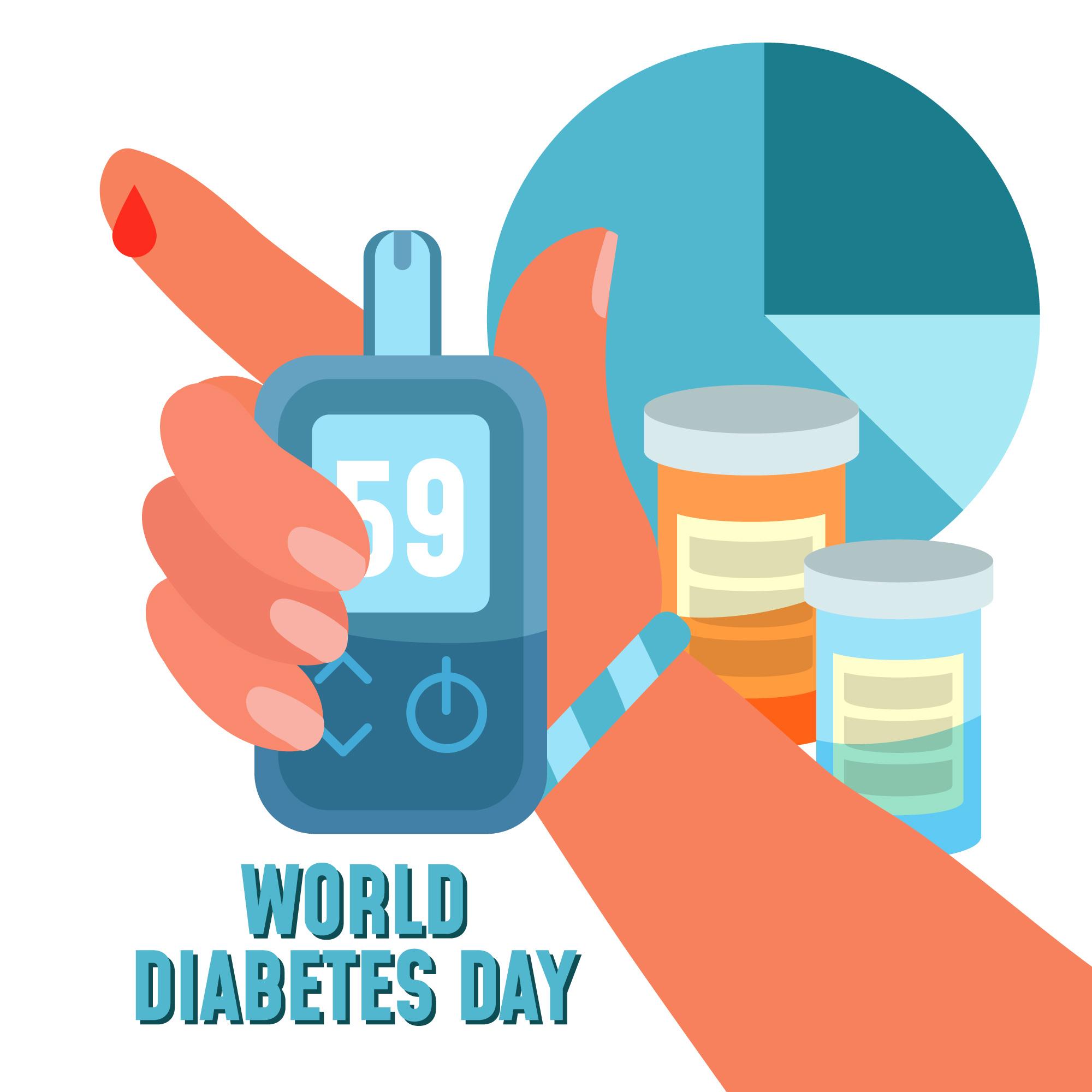
The Role of Hormones in Causes and Risk Factors of Type 1 Diabetes
Introduction: Understanding the causes and risk factors of Type 1 diabetes is crucial for early detection and prevention. Hormones play a significant role in this condition, influencing its development. In this blog, we’ll delve into how hormonal imbalances contribute to the causes and risk factors of Type 1 diabetes in simple language.
Exploring Causes and Risk Factors: Type 1 diabetes is an autoimmune disease where the body’s immune system mistakenly attacks and destroys insulin-producing cells in the pancreas. While the exact cause is not fully understood, hormonal imbalances, particularly involving insulin, play a significant role.
The Role of Hormones: Insulin, a hormone produced by the pancreas, regulates blood sugar levels by allowing glucose to enter cells for energy. In Type 1 diabetes, the immune system targets and destroys insulin-producing beta cells, leading to insulin deficiency. This hormonal imbalance results in high blood sugar levels, causing symptoms of Type 1 diabetes.
Understanding Imbalances: Hormonal imbalances, particularly involving insulin, contribute to the development of Type 1 diabetes. Factors such as genetics, environmental triggers, and viral infections may also play a role in triggering the autoimmune response. Hormonal changes during puberty and pregnancy can also influence the onset of Type 1 diabetes in susceptible individuals.
Conclusion: Recognizing the role of hormones in the causes and risk factors of Type 1 diabetes is essential for early intervention and prevention. By understanding the hormonal imbalances involved, individuals at risk can take proactive steps to manage their health and reduce their risk of developing Type 1 diabetes.
To seek medical advice, always consult a Doctor. Here are our recommended experts. Click Here
To read more on Type 1 diabetes. Click Here


